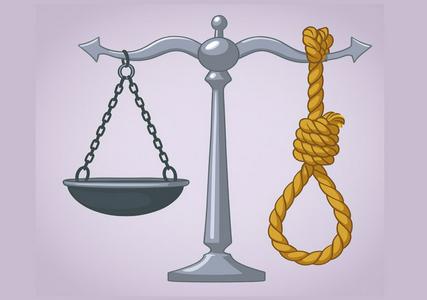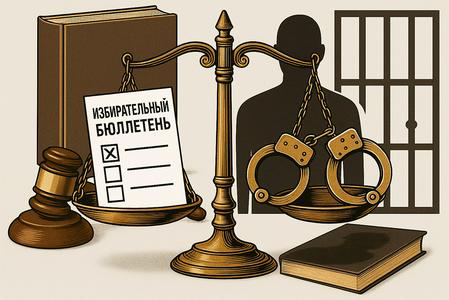President of Kyrgyzstan Sadyr Japarov has signed a law introducing administrative penalties for the spread of false information on social media. The presidential press office reported the signing on July 11.
The law adds Article 109.3, “Dissemination of False (Unreliable) Information,” to the Code of Offenses. It establishes fines for publishing false content in media or on social networks that harms the interests of society or the state, leads to public disorder, or infringes on the rights of individuals or organizations — in cases where such actions do not qualify as criminal offenses.
Under the new article, individuals will be fined 200 calculated indicators, and legal entities 650. As of today, this equates to 20,000 soms (approximately $229) and 65,000 soms (about $743), respectively.
The law will go into effect ten days after its official publication.
It’s worth noting that in January of this year, Japarov also signed off on Article 107-1 of the Code of Offenses, which outlines penalties for defamation and insults disseminated in media, on websites, or on web pages. The fines under that article are equivalent to those in the new legislation.
Both laws were proposed by Kyrgyzstan’s Ministry of Culture, which cited a rise in online defamation cases as justification.
However, many experts and several members of parliament have criticized the introduction of penalties for defamation in the media and online. For example, staff at the Adilet legal clinic warned that the law contradicts constitutional norms and opens the door to abuse. MP Dastan Bekeshev described the legislation as a “tax on speech,” arguing that the fines could be used to suppress public criticism. MP Chingiz Aidarbekov called on the government to protect citizens’ right to express their opinions and said the state should first tackle political bot farms.
MP Ruslanbek Zhakyshev expressed concern that the new law could lead to restrictions on free speech and violations of human rights. He noted that there are already cases where leaders threaten employees with dismissal for voicing criticism and questioned whether the law would become a tool for protecting such officials’ interests.
✅ Notably, the article on fake news fines was not added next to Articles 107 and 107-1 — both of which concern the dissemination of information — but instead was “attached” to Article 109, which deals with “distribution of pornographic materials,” following Article 109-2 on “engaging in prostitution.”










